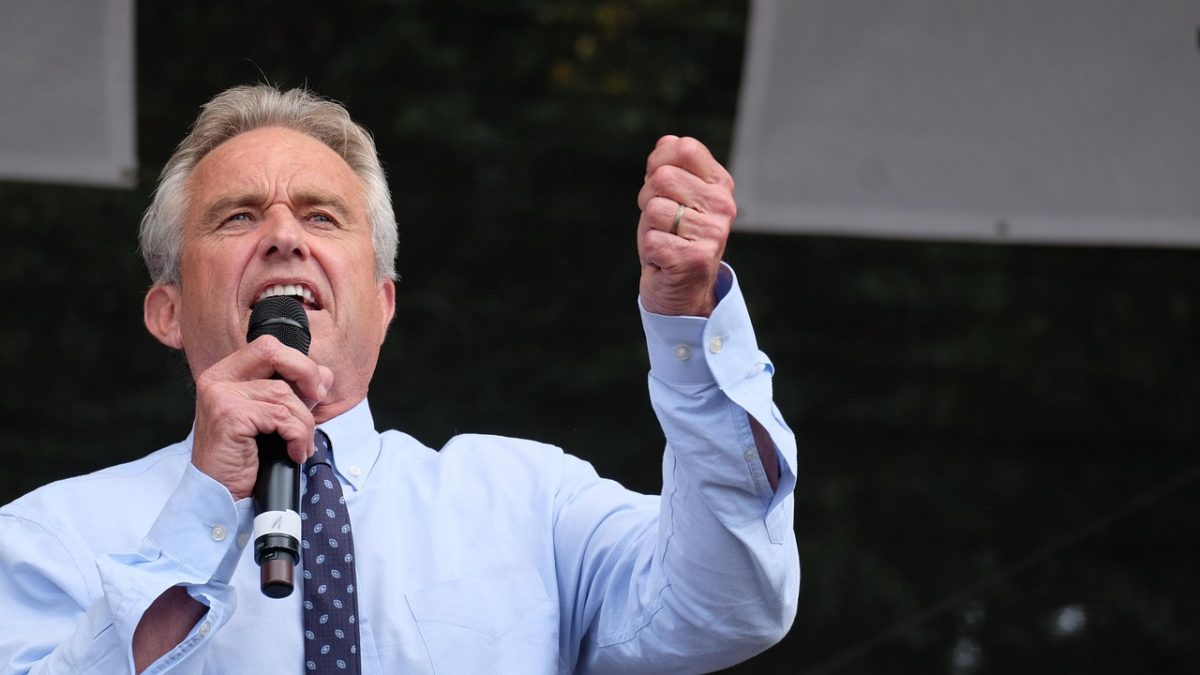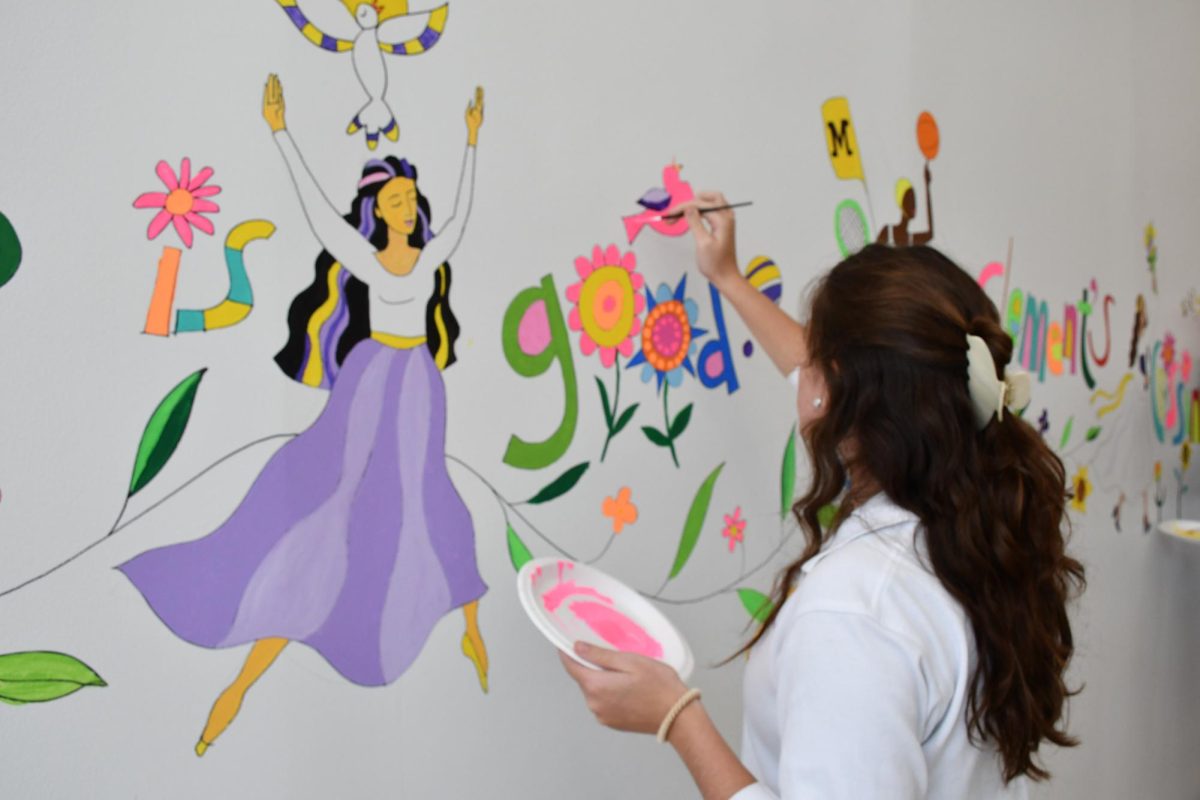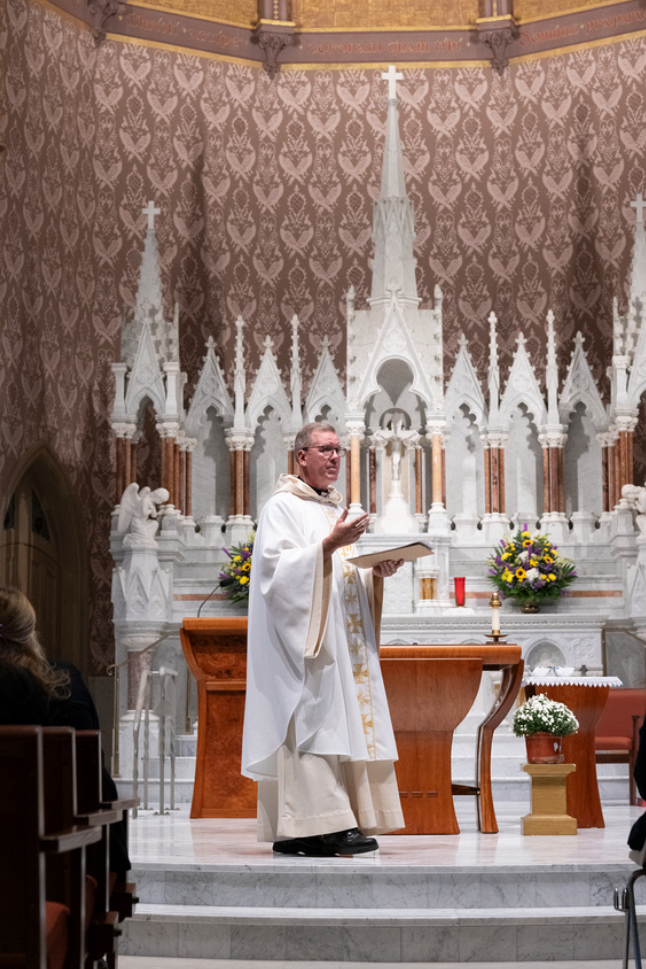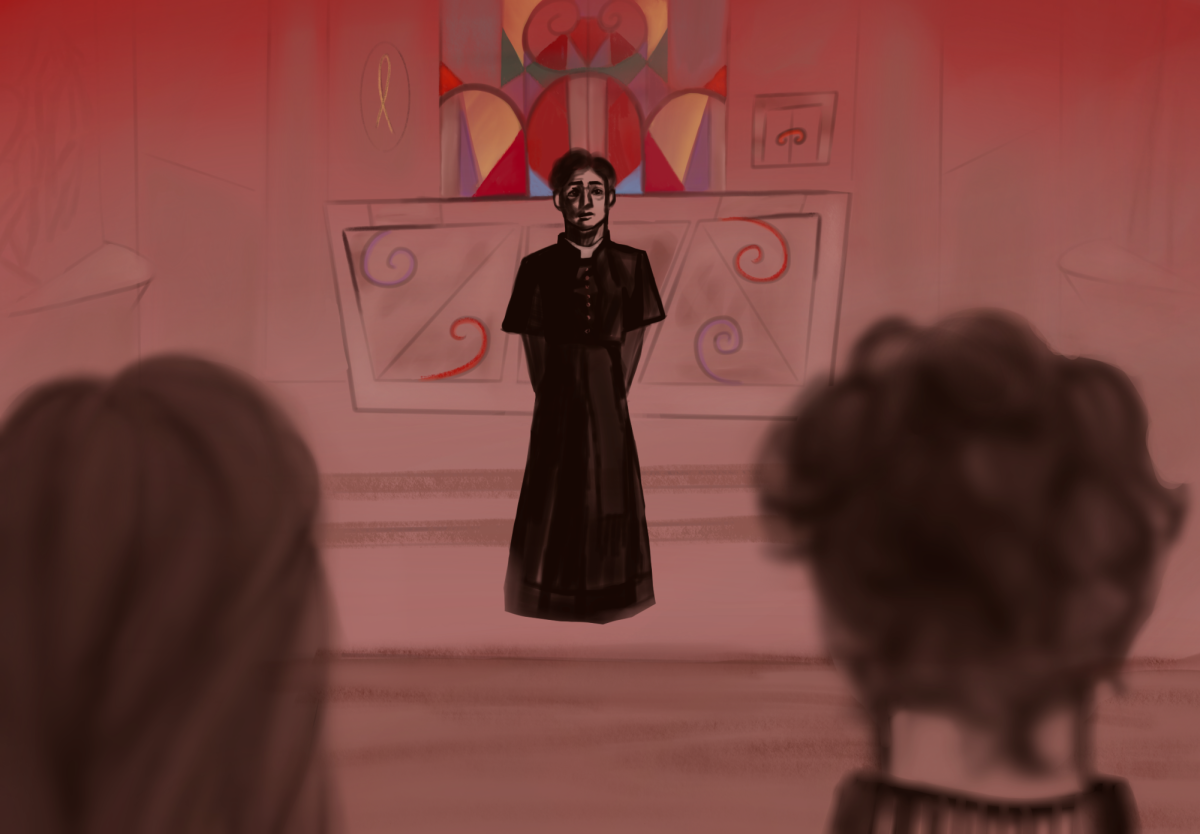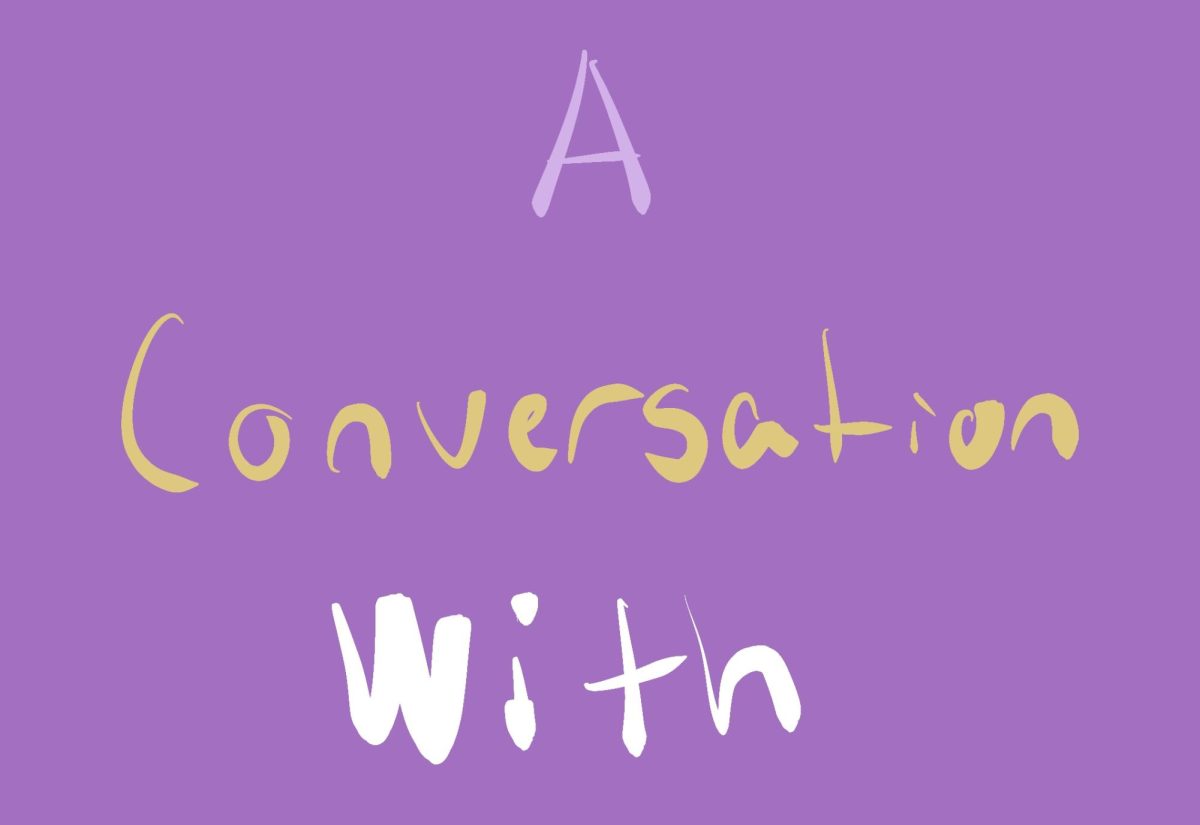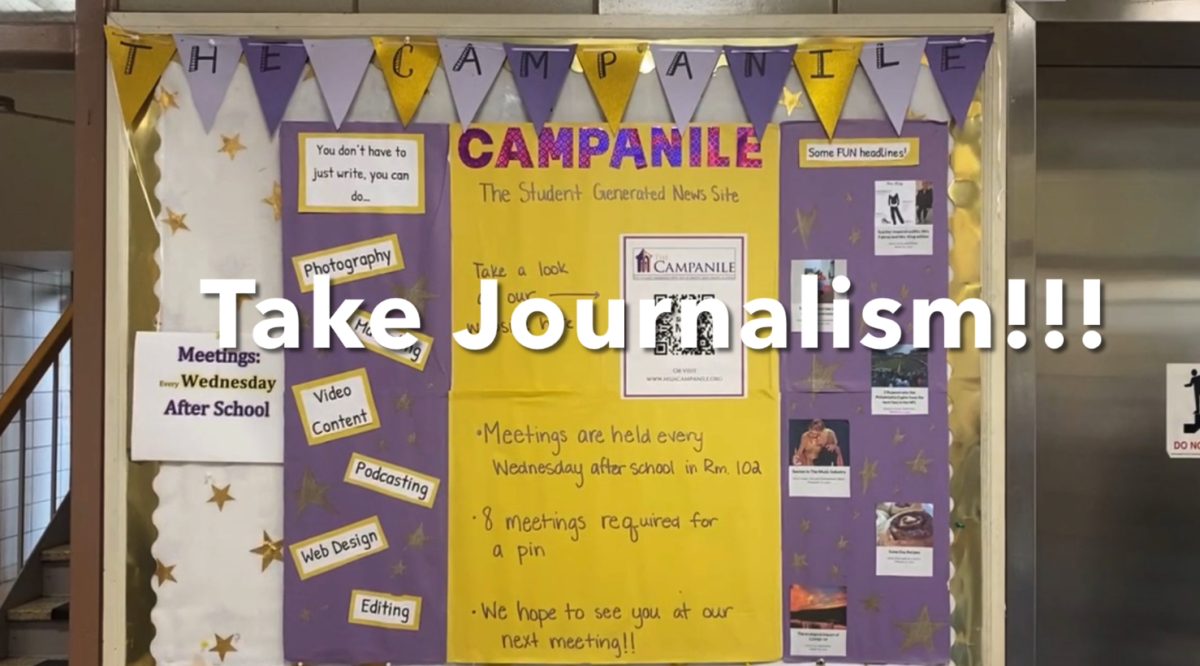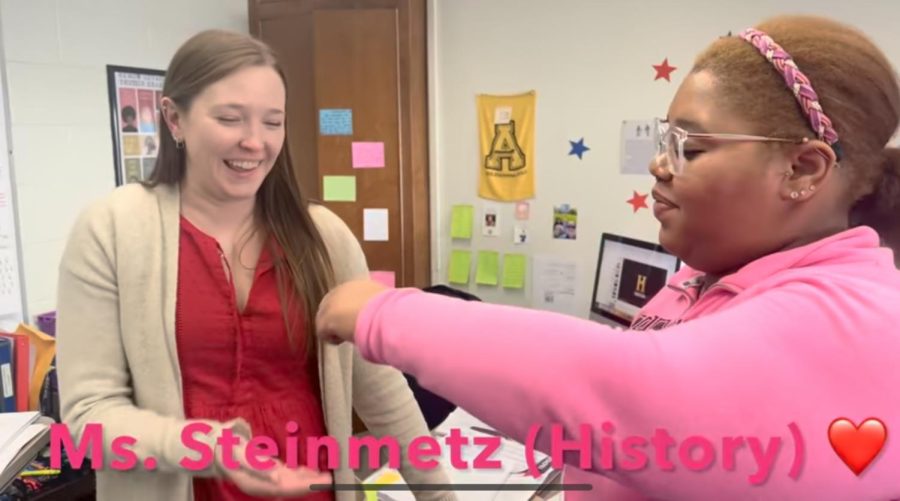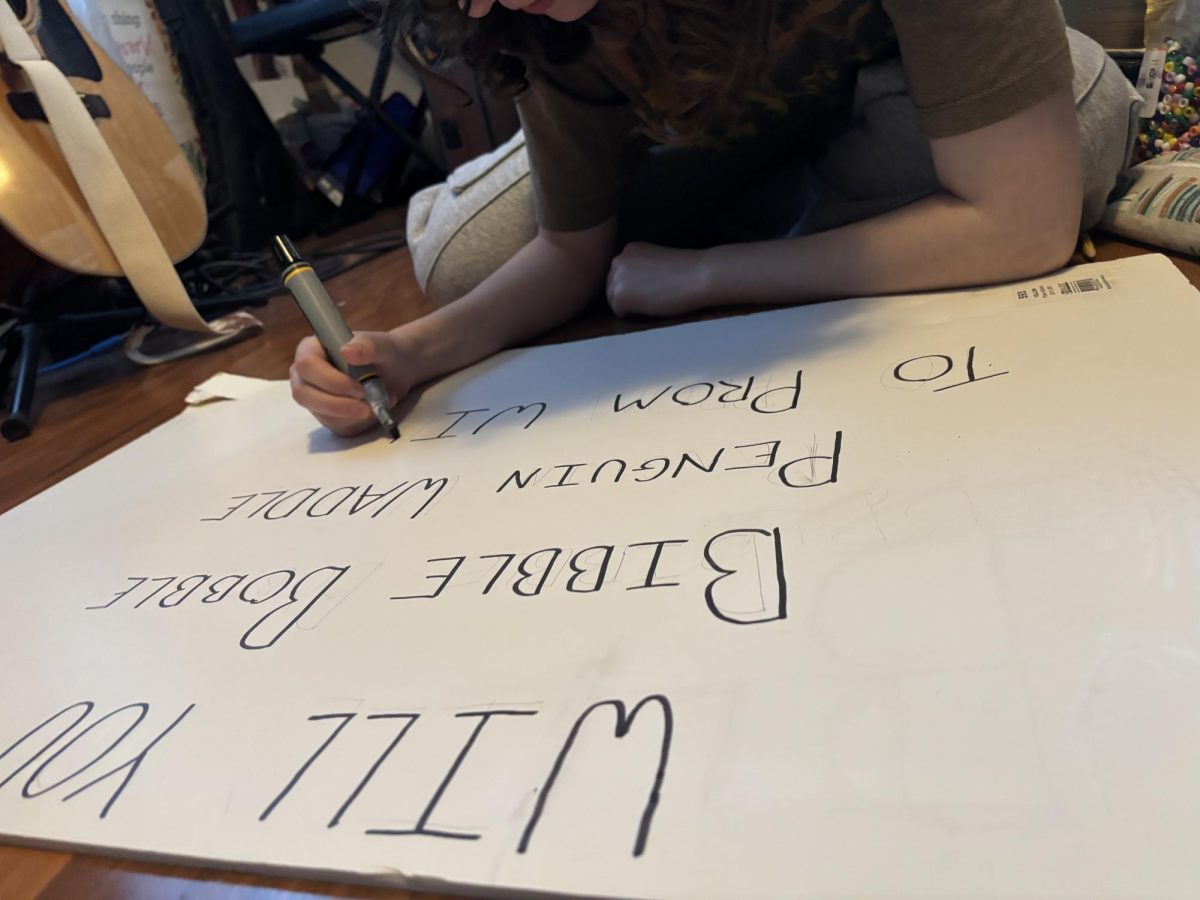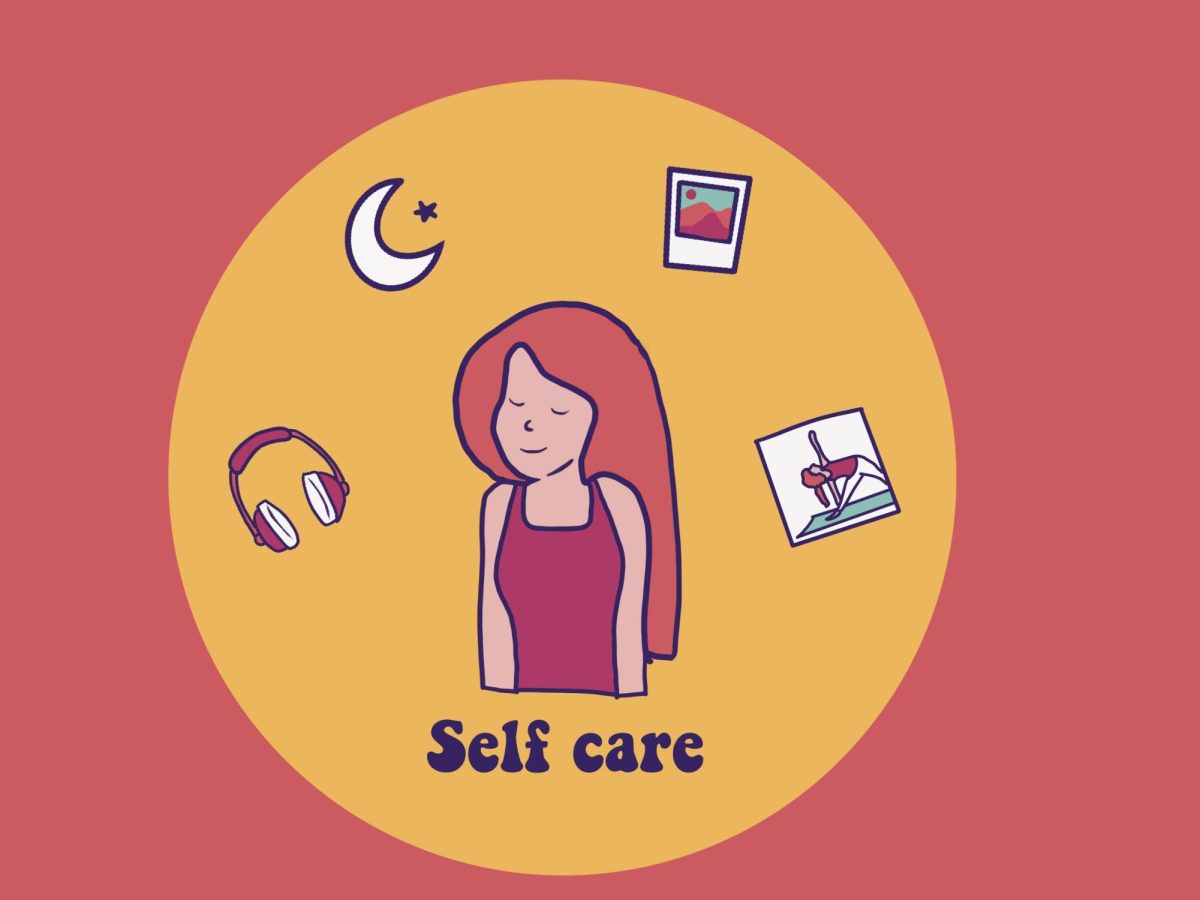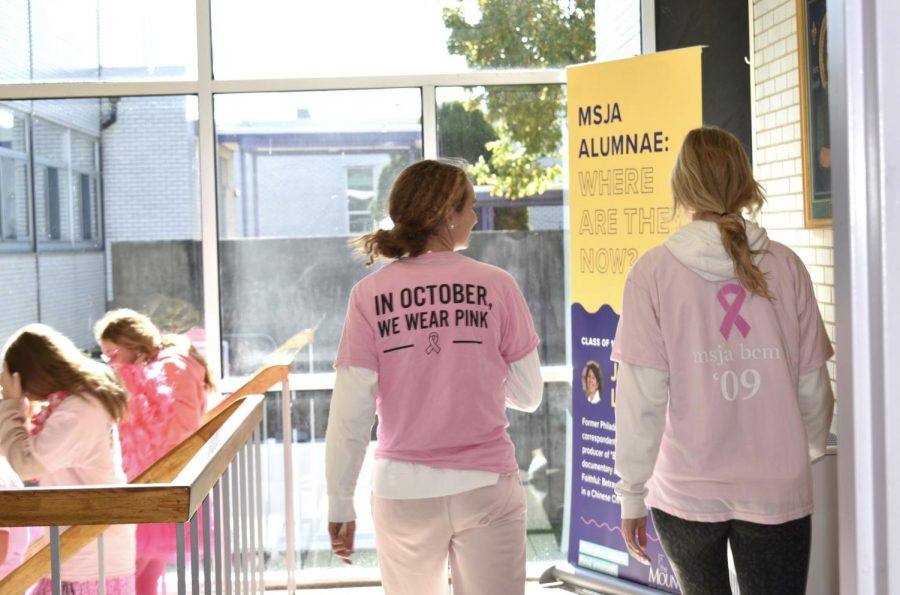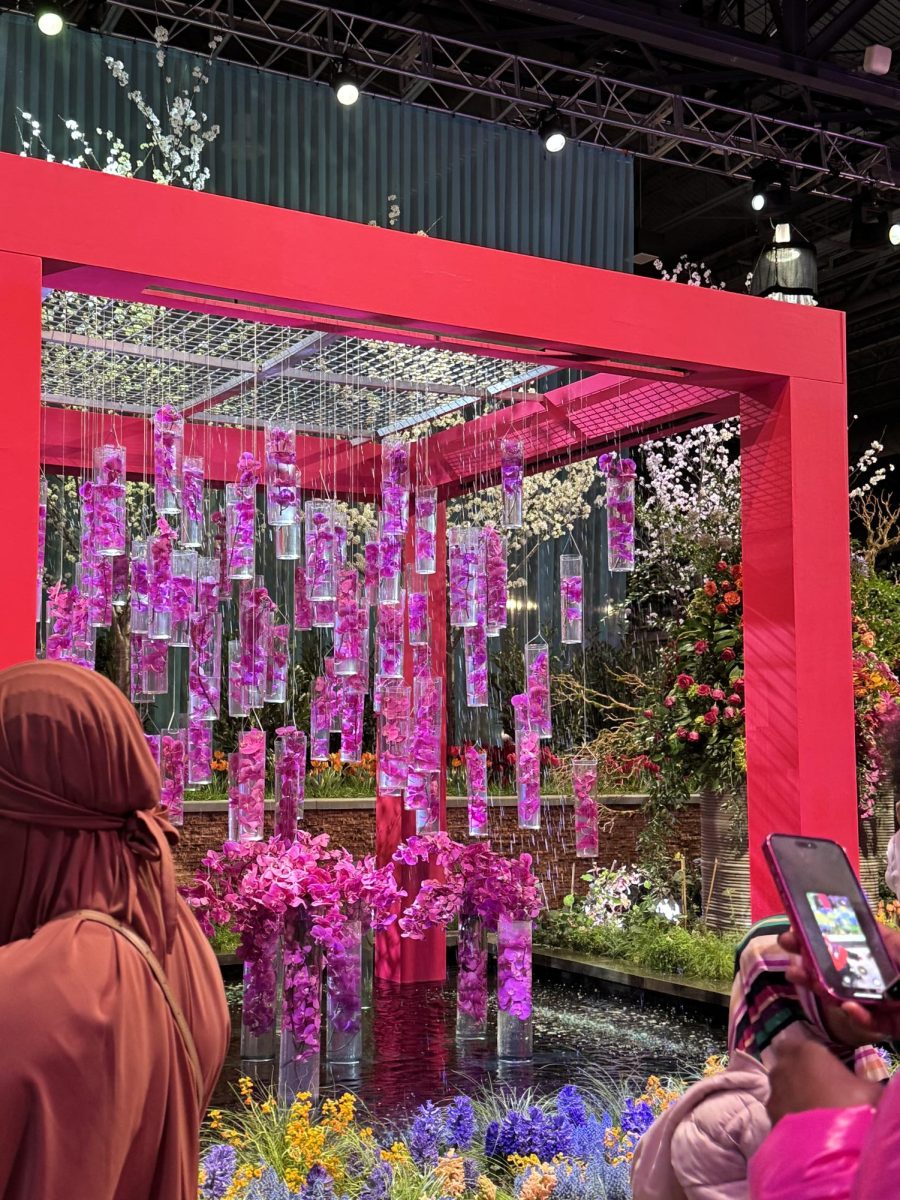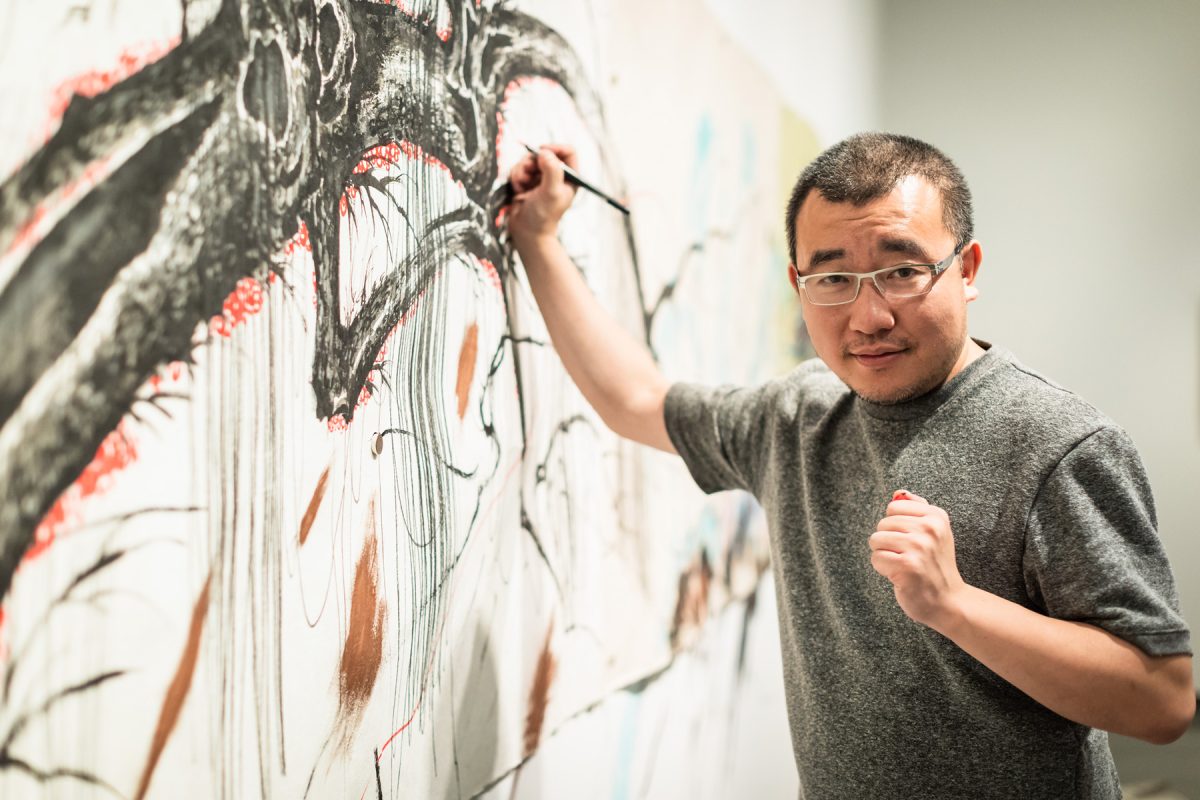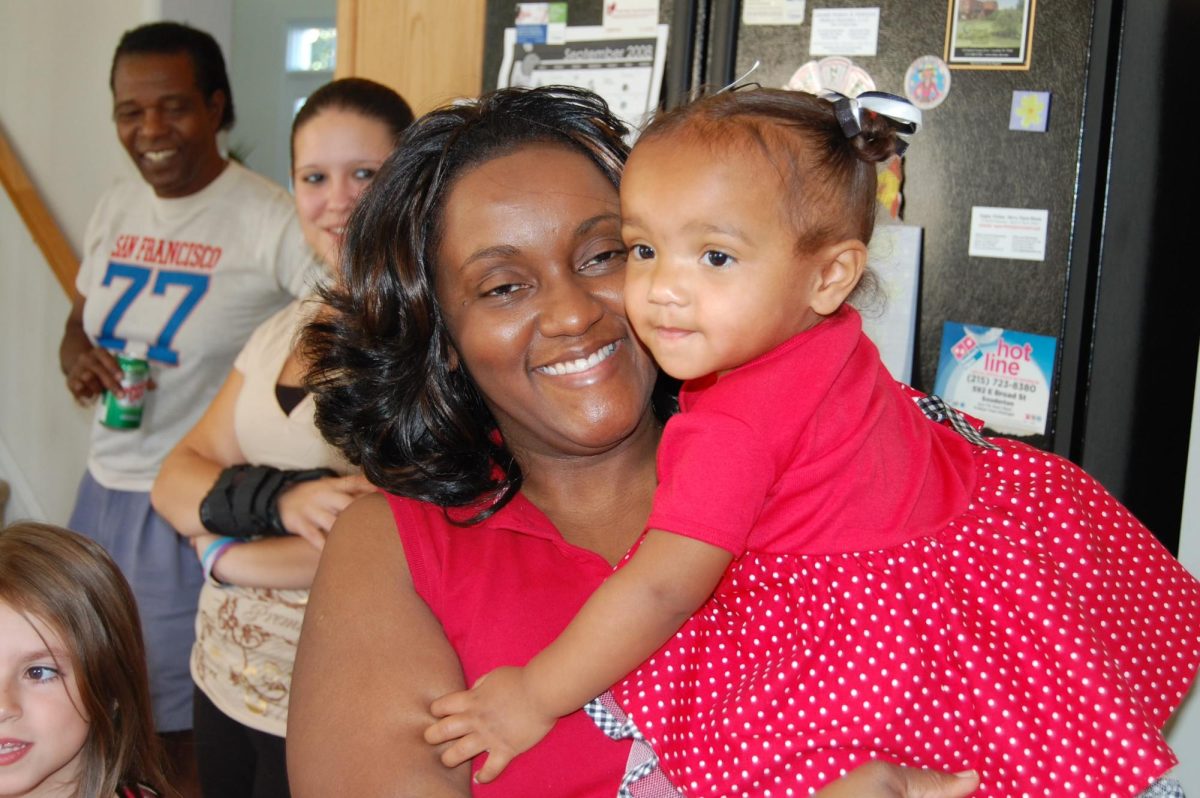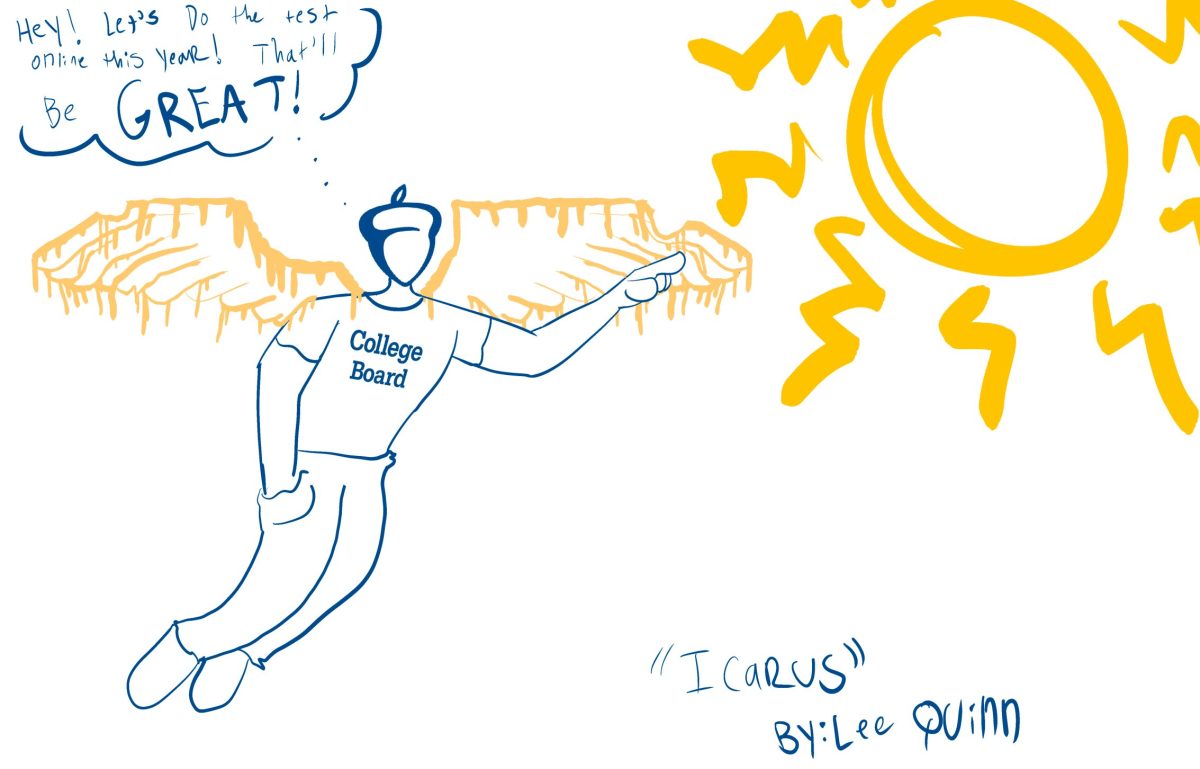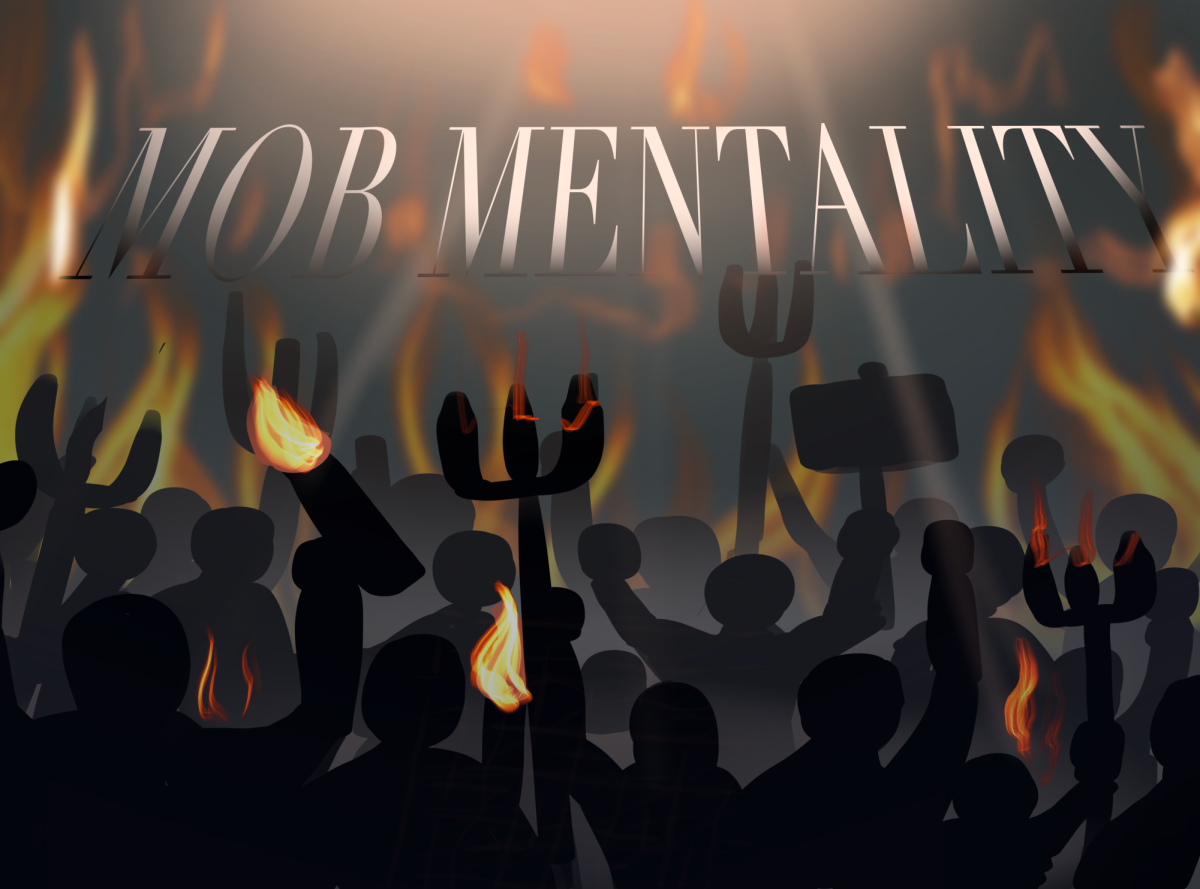America’s Hidden Crisis
America has one of the highest child poverty rates for a developed first world country. For much of America’s youth, their lives are fraught with a lack of universal healthcare, insubstantial housing subsidies, and ineffective “high-quality” schooling. The need for education isn’t based on some precedent—it’s the cornerstone for prosperity in any nation.
Levels of education greatly impact unemployment rates. The Schott Foundation, a national public fund that supports education justice movements and equity in public education, reports that “unemployment rates were 80 percent higher on average than expected in cities with low levels of high school and college graduates.” The government’s funding towards education isn’t a donation, it’s a return on investment.
Education as an Investment
Large achievement gaps continue to exist in American education, as many low-income children struggle to establish their basic skills.
While the policy of the United States boasts a promotion of equal opportunity for all children to access a high-quality education, it continues to fall short, and students continue to jump through hula hoops to receive their diploma.
Resource disparities and systemic funding inequities due to geographic inequality put low-income families at a disadvantage. Being born in the wrong city border could mean the difference between passing high school for many students, simply due to the delegation of funds to public education.
A Global Perspective
The crisis is not confined to America. In Sudan, which is marked by conflict and a humanitarian crisis, “90% of the country’s schools have either been closed, destroyed, or made inaccessible”. They are approaching the worst education crisis in the world.
Girls carry the largest burden in the education crisis. In less wealthy countries, women are not expected to go to school, nor can many families afford it. In Ethiopia, two in five girls are married before the age of 18. In Mali, few girls even finish primary school. In Burkina Faso, only 1% of girls complete secondary school.
It’s necessary to look beyond the numbers and truly reflect on this detriment to society. In the numbers, there is lost potential, lost opportunities, and lost voices, making the need for female perspectives and leadership more crucial than ever in these polarizing days. To address this injustice, we must value women’s education as an essential advancement.
The Mount’s Mission and Call for Women’s Education
At the Mount, we are reminded daily of the benefits of quality education to women’s voices. Lack of access to quality education is a worldwide crisis, and its significance can go unseen in the face of privilege. While we may complain about AP tests and whether the cafeteria is serving the “good” fries, we are truly blessed with opportunities that many women in the world will never see.
In an interview with Mr. Gomes, Dean of Studies here at the Mount, he describes how the education that the Mount provides is critical to young women and to all of society.
Education “should be like opening doors for people”, Mr Gomes states, and “having women in leadership positions is important, because we need that diversity, and it’s a whole different life experience that men aren’t getting that women are getting.”
“When you look at policies across the board, you can tell which ones there wasn’t a woman in the room”, and “we’re still in a situation where women have to work harder to get the same things,” Gomes said.
“The emphasis on being a founder is really important.” Having the skills to be that different force that breaks through barriers is crucial. The Mount places a firm emphasis on fostering leadership skills in young women. We are taught to not just help; we are taught to build. The Mount emphasizes the importance of not only succeeding personally, but leading the changes for the benefit of everyone.
Education as a Revolutionizing Force
Education provides stepping stones for everyone, creating a foundation of opportunity and justice. From neighborhoods in America where funding dries up, to communities across the world where education is restricted entirely for girls, the need for quality education is unchanging. The need for education is necessary to release communities from poverty and injustice.
At the Mount, the ability to build, create, and find is instilled in us. The diverse perspectives of everyone, including women, are needed across the world. The first step to empowering these voices is to guarantee that everyone—no matter their geographic location, their gender, their race—is accessing and confident in their education.

